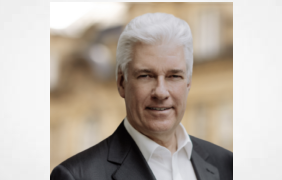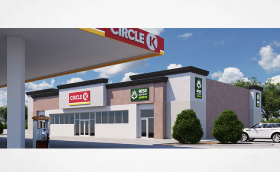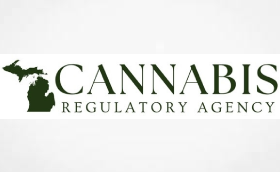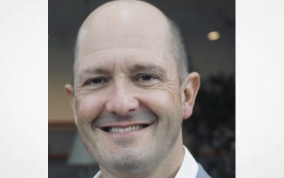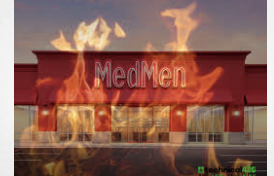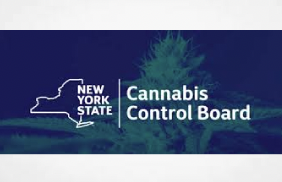Central Jersey.com reports on an issue that will become increasingly familiar over the forthcoming weeks. They write…..There are 73,000 patients in New Jersey’s medicinal cannabis program, which represents only a small fraction of the number of people in New Jersey who could benefit from medical marijuana, according to Anne Davis, the former executive director of the New Jersey chapter of the National Organization for the Reform of Marijuana Laws, and part of the Cannabis Law Committee of the NJ Bar Association.
Patients who rely on the use of medical marijuana have been affected by COVID-19 in several ways.
As with other products, there has been panic buying of medical marijuana. This has led to long lines at the alternative treatment centers (ATC) and certain strains are either not available at all, or only available in reduced amounts.
“Supply cannot keep up with increasing demand,” Davis said.
There are seven ATCs currently dispensing medical marijuana in New Jersey: Greenleaf Compassion Center of Montclair, Compassionate Care Foundation of Egg Harbor, Garden State Dispensary of Woodbridge and Union Township, Breakwater Alternative Treatment Center of Cranbury, Curaleaf NJ Inc. in Bellmawr, Harmony Dispensary in Secaucus and Rise in Paterson.
The New Jersey Department of Health now allows ATCs to serve patients curbside in their vehicles. The DOH also reduced all caregiver registration fees to $20. Previously, all dispensing had to occur within an ATC and the registration fee for caregivers was $100, unless caregivers qualified for the standard reduced fee, Davis said.
The waivers also remove the requirement for ATCs to conduct in-person consultations for new patients, unless requested. Consultations can be done over the phone instead of in-person.
“The majority of New Jersey’s 9 million residents could benefit from marijuana therapy at some time in their lives, when you consider all of marijuana’s therapeutic uses. If you live in the Garden State, you have a one in three chance of having a cancer diagnosis at some time in your life. Chronic pain affects about one in three. The state is finally beginning to recognize mental and emotional conditions that qualify for marijuana therapy—and PTSD and anxiety are just the tip of the iceberg. We all die, and marijuana improves the quality of life of the dying like no other drug,” Davis said.
Patients who cannot get their medicine either suffer needlessly, or risk arrest and imprisonment by obtaining their medicine from the Black Market, Davis said.
“Even if medicine is obtained from the Black Market, there is no guarantee that particular strains that are most effective for the patients’ conditions are available, or that the cannabinoid content is known and consistently available, or that the marijuana was grown organically and is free of pesticides, molds, heavy metals, etc. Patients can illegally grow it themselves, but there are Draconian penalties associated with this, including a decade or more in prison and forfeiture of property. Besides, it takes several months to produce a crop and usually requires special equipment and know-how to produce medical grade marijuana,” Davis said.
In addition, seeking out medicine from the Black Market violates social distancing mandates from the government, and places vulnerable patients at greater risk, Davis said.
“Home cultivation for patients is a solution that the Coalition for Medical Marijuana-New Jersey endorses. Gardening itself is therapeutic. To grow a therapeutic herb is to get twice the bang for your buck. To produce your own medicine, and titrate it to control your own symptoms, under medical supervision, is a wonderful advance in American health care. It minimizes the pharmaceutical industry and the insurance industry from the health care picture, along with their huge profits. Home cultivation is an important part of health care reform. But, sad irony, the Garden State does not permit it,” Davis said.
Davis said the legislature should immediately amend the Compassionate Use Act to allow medical cannabis patients to possess and grow up to six cannabis plants, just as the New Jersey Senate voted they should be allowed to do in the Compassionate Use bill, on Feb. 23, 2009, by a vote of 22-16.
The Attorney General should also enact a moratorium on arrests of patients growing their own essential medicine and the legislature should at least decriminalize it in emergency legislation, she said. Patients could get clones, plants or seeds from ATCs and they are already registered with the department for verification. There can be a small fee each plant and even a tag to be placed on the plant so law enforcement can easily tell which gardens are legal, she said.
“This is essential access,” Davis said.
For more information, www.nj.gov/health/news/2020/approved/20200323a.shtml, www.nj.gov/health/news/2020/approved/20200116a.shtml or www.letpatientsgrownj.com/forum

